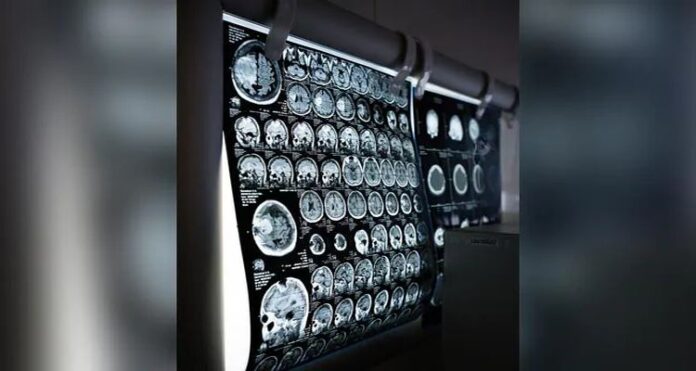| Translate This News In |
|---|
Bruce Willis is retiring from acting after being diagnosed with aphasia, his family announced on Wednesday. Willis’ family stated on Instagram that aphasia is affecting the actor’s cognitive abilities. Willis’ announcement has drawn attention to the brain disorder that causes difficulties in speaking, reading, and writing. Willis began his career in the 1980s and rose to fame after playing police officer John McClane in the 1988 action film Die Hard. Willis’ first major film franchise was born.
What exactly is aphasia?
According to the US government’s National Institute of Health (NIH), aphasia is a disorder caused by damage to areas of the brain responsible for language. The damage could be the result of a stroke, a tumor, or a head injury. It has an impact on speech production and comprehension, as well as the ability to read and write.
According to the NIH website, it can also develop slowly as a result of a brain tumor or a progressive neurological disease.
It may co-occur with speech disorders such as dysarthria or apraxia of speech, which are also caused by brain damage, according to the study.
The National Aphasia Association (NAA) estimates that two million people in the United States are affected, with nearly 180,000 new cases diagnosed each year.
Who is the most affected by It?
The disorder is more common in people in their forties and fifties, but anyone can get it, according to the National Institutes of Health.
Stroke is one of the leading causes of aphasia, which is caused by a blood clot or a leaking or burst vessel that cuts off blood flow to a portion of the brain. When brain cells do not receive their normal volume of blood, which carries oxygen and important nutrients, they die.
Aphasia Types
According to the NAA, aphasia can be severe enough to make communication with the patient impossible, or it can be very mild.
There are two types of aphasia: fluent and non-fluent. These are further classified as Global, Broca’s, Wernicke’s, Primary Innovative, Anomic, and Mixed Semi aphasia.
Is aphasia curable?
According to the NIH, after a brain injury, tremendous changes occur in the brain that aid in recovery. As a result, even without treatment, people with aphasia frequently see dramatic improvements in their language and speech abilities in the first few months.
However, in many instances, some aphasia remains trying to follow this initial recovery period. Speech-language therapy is used in these cases to help patients regain their opportunity to speak.
Families of patients with aphasia are advised to standardize language by using short, uncomplicated sentences, repeating the keywords or writing down keywords to clarify meaning as needed, and maintain a natural conversational manner. Interruptions, such as a loud radio or television, must be kept to a minimum. More importantly, persons with it should be included in family conversations and encouraged to express their thoughts in order to help them recover.
According to research, it has no effect on intelligence.


















